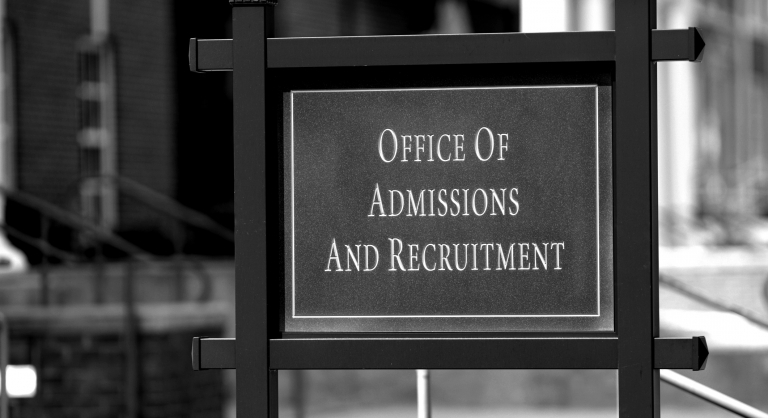NACAC’s Code of Ethics and Professional Practice Challenged: Does It Limit Recruitment Competition?
In December 2019, following a two-year investigation, the U.S. Department of Justice’s Antitrust Division (DOJ) sued the National Association for College Admission Counseling (NACAC), alleging that certain rules in NACAC’s Code of Ethics and Professional Practice violated federal antitrust law by limiting competition among member colleges for student applicants.
The provisions at issue were:
- A rule that prohibited members from offering incentives (e.g. enhanced financial aid, special scholarships or housing) to applicants admitted through the early decision process;
- Two provisions that restricted members from recruiting and offering enrollment incentives to students who were already enrolled, registered, declared their intent, or submitted contractual deposits to other institutions. One of these provisions also established May 1st as the date that commitments become final, and restricted members from recruiting committed students after this date.
- A rule that restricted members from soliciting transfer applications from a previous year’s applicant or prospect pool.
After the lawsuit was filed, the case was immediately settled under the terms of a proposed consent decree based on an earlier vote by NACAC in September 2019 to delete these challenged provisions.
In a press release issued in December, a DOJ representative described the settlement as a “victory for all college applicants and students across the United States who will benefit from vigorous competition among colleges for their enrollment.” The NACAC, on the other hand, clarified in a statement that it “continues to believe that the now deleted provisions provided substantial aid and protection to students in their process of choosing and moving from high school to college.”
Client Tip
The deletion of these provisions lifts prior restrictions on NACAC members regarding recruitment practices. In light of this change, NACAC members may want to reevaluate and change their early decision and other recruitment practices. On the other hand, this lawsuit and settlement does not legally require individual institutions to adopt any new or different recruitment practices.
Categorized: Policies
Tagged In: early decision, incentives, recruitment




